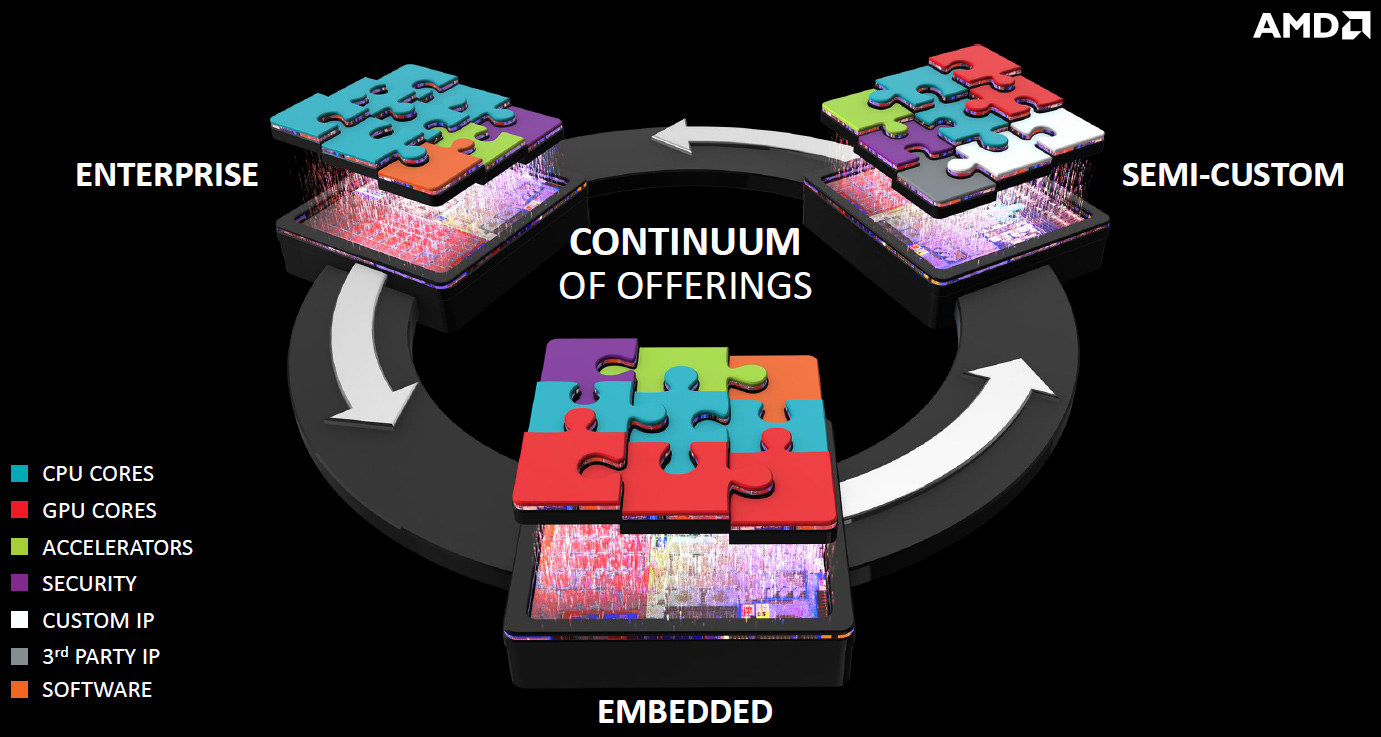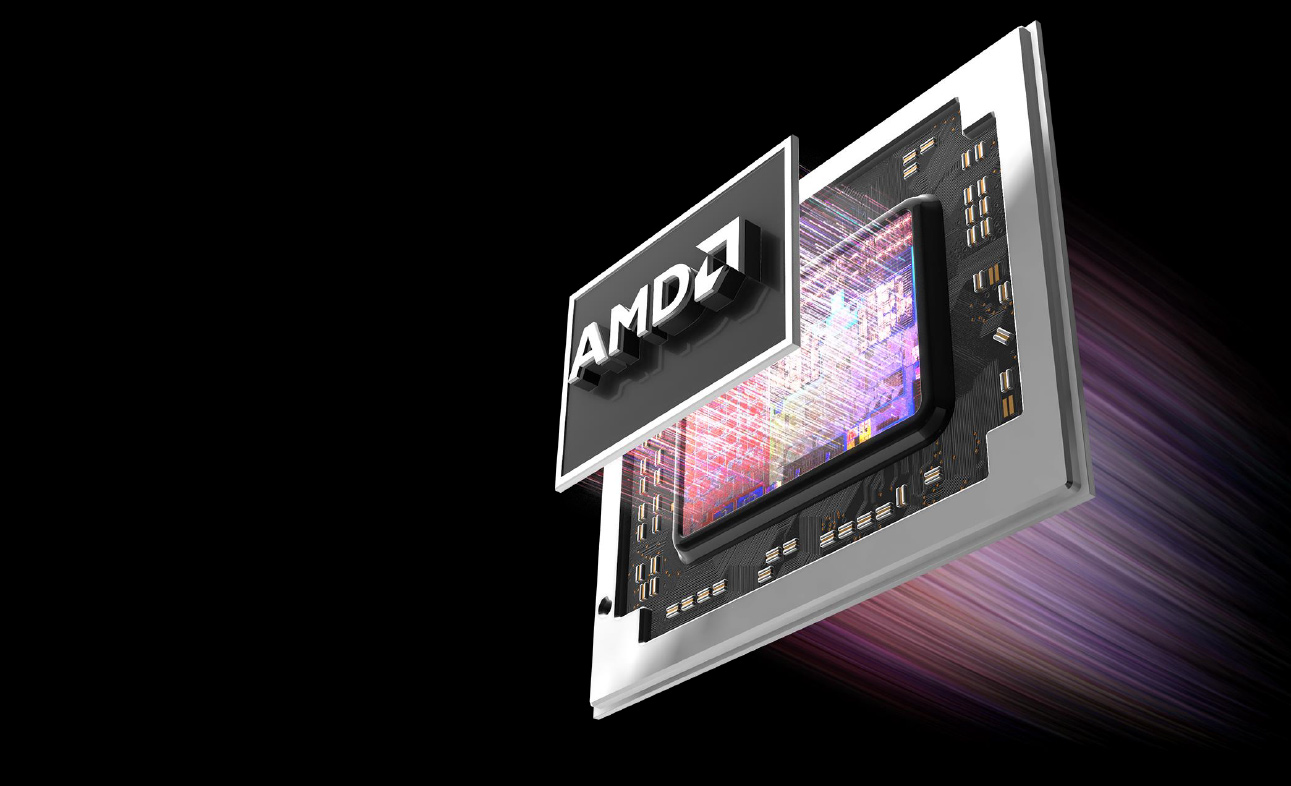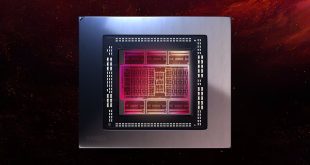Advanced Micro Devices recently started to design its third semi-custom accelerated processing unit for an undisclosed customer. Some believe that this third semi-custom system-on-chip will eventually power Nintendo’s next-generation game console code-named “NX”. However, AMD claims that the new SoC “expands the base” of its semi-custom business beyond gaming, which means that the APU is not developed with a game console in mind.
“We have started a new design this quarter that we believe expands our base for the semi-custom business and we are very pleased with that,” said Lisa Su, chief executive officer of Advanced Micro Devices, during the company’s earnings conference call with investors and financial analysts. “The base semi-custom business is around the game consoles.”
AMD announced two new semi-custom SoC design wins back in October, 2014. Both chips will integrate AMD Radeon graphics, one will be based on ARM architecture, another one will feature x86 general-purpose cores. One of the APUs is projected to power a “beyond gaming device”. Details about another have never been disclosed, but it is possible that it is a SoC for a gaming device. The two semi-custom system-on-chips are projected to bring the company combined total lifetime revenue of approximately $1 billion over approximately three years starting 2016.
Considering relatively short amount of time between the start of development and actual revenue shipments of AMD's third semi-custom design, it looks like the system-on-chip will not be something very complex. According to comments made by AMD around two years ago, it took it less than 24 months to design, build and tune system-on-chip for Sony PlayStation 4. However, it took years to determine requirements for the SoC as well as its architecture.

The third semi-custom design is expected to bring the first revenue to AMD in the second half of 2016. AMD expects that the addition of this APU will help the company to further grow its semi-custom business.
“I think we will still see 2016 to be a fairly solid year for the traditional, let's call it game console business, overall,” said Ms. Su. “Then as we layer on top of it some of the new wins, I think that does give us potential to grow in the second half of the year. Obviously, there is a lot to happen between now and then, but I do see semi-custom as a growth driver for us going forward.”

So far, AMD has received around $3 billion in revenue for its semi-custom SoCs that power Microsoft Xbox One and Sony PlayStation 4. The two consoles have been in production for about two years now.
While semi-custom chip business is stable and predictable, something that is important for AMD, which has not been very successful on its traditional PC and server markets in the recent years, it is not very profitable. AMD admitted last year that its console SoCs are sold with 15 – 20 per cent margin, which is considerably below typical margins for fabless semiconductor companies in general and AMD in particular.
Discuss on our Facebook page, HERE.
KitGuru Says: In fact, even combined total lifetime revenue of approximately $1 billion over approximately three years for two chips indicate that both products are rather basic and inexpensive. It is unlikely that they will power devices that are sold in very high volumes (i.e., tens of millions of units).
 KitGuru KitGuru.net – Tech News | Hardware News | Hardware Reviews | IOS | Mobile | Gaming | Graphics Cards
KitGuru KitGuru.net – Tech News | Hardware News | Hardware Reviews | IOS | Mobile | Gaming | Graphics Cards




I think 8 core puma+ cpu coupled with 32 CU tonga gpu having 384 bit wide bus and 12 gb DDR5 RAM will be killer combination and best part is, it will cost just extra 50$, at most.
Hey Mudi1 😀
That would be a beast of a combination, but I don’t think AMD will be any longer interested in GDDR5 with the coming HBM2.
Future HBM APU are going to be awesome
I much rather have a dedicated gpu and a fully fledged dedicated cpu, even if the apu will be goo, a system with a dedicated cpu gpu combo will always be faster, no matter how much die’s get shrunk no a dedicated cpu and gpu will be on top, not to mention a cpu lasts at least 4 years(if you think and buy high end part not some mid-low end part, though with amd those are the only options right now, still) and aa gpu upgrade every 1 or two years, while all of you who are so happy about these apu’s forget two thing the price will be about the same as a dedicated cpu and gpu combined and you will have to upgrade the apu every 1 or two years, it’s good for them but bad for consumers, instead of cashing out 350 every year or two you will be cashing out 550 every year or two
Run a GPU with a APU and run it in dual graphics mode. provided you have ample memory running at the highest speed possible, you will benefit from having both, and since the cost of an APU/GPU system is a lot less expensive than so called high end multiple GPU systems, i dont believe the cost issue is that noticable.
perhaps in the future when there are actual apu with good enough performance, but even then a stronger single gpu is always best option, not to mention that dual graphics support will now depend a lot more on game devs than nvidia or amd themselves
Kudos buddy …..No doubt HBM2.0 is by far the best option but there r 3 big problems
1. We all know that there r severe avilabilty issus with fiji that is just coz of hbm memory btw nvidia also going to use hbm 2.0 needless to say arctic too … worst part is amd gets around less than 30$ for each ps4/xbox one soc …so very low margin. No point they will ever cut hbm supply to arctic.
2. Cost of hbm memory is much higher … this will increase overall cost of console.
Around 30$ per stack – hbm costs
3. Hbm 2 is beneficial if amd uses very powerful gpu like fiji no point on using on 32 CU tonga core.
How fascinating – Nintendo (traditionally the graphics third-runner), by ditching the Wii U, and moving onto a 4th generation console quickly, will actually end up leapfrogging ahead of Microsoft and Sony in the console space, the latter of which are both trying to pursue 10 year shelf lives for the Xbox One and PS4, to maintain profitability…
->Check it out here—>
>
I dont agree on both counts, but it all depends on what you are trying to achieve. for most users, just getting a playable stable environment for their gaming PCs is enough as opposed to a spec nerd who just want to overclock their system to the point of having a faster system than everyone elses.
Fact is that the current stock of APUs can run a game like Battlefield 4 at a constant 50fps (and perhaps higher depending on motherboard bus and memory speed). For a stock processor without a discrete GFX card, thats quite an achievement and is only going to improve.
The performance boost of dual graphics is usually noticable and is more governed by how well a games developer has used DirectX/OpenGL libraries as opposed to physical limitations of the hardware. While there will be some games that dont have massive performance boosts, any boost from a APU dual graphics setup is going to be positive. what you consider positive enough however is a matter of conjecture. I would have thought that any boost on a sub $600 system was good enough for the average gamer.
give it a couple of years before new memory tech becomes commonplace. the early adopters will be the spec nerds, not gamers
They are not pursuing 10 years, AMD stated that 5 will be already stretching, new consoles are already old for raw power standards. Bet sony is persuing to get rid of the hardware and ms probably will try to unify xbox and pc
I agree with you that even a cheap dedicated CPU and GPU will performed better than an APU. But I wish that APUs becomes really strong with time. It will be nice to have a really powerful APU that could do 4K Gaming.
“Traditionally?” Wii and Wii U were the only two cases of them being last, and both were intentional. Also, don’t you mean 9th generation?